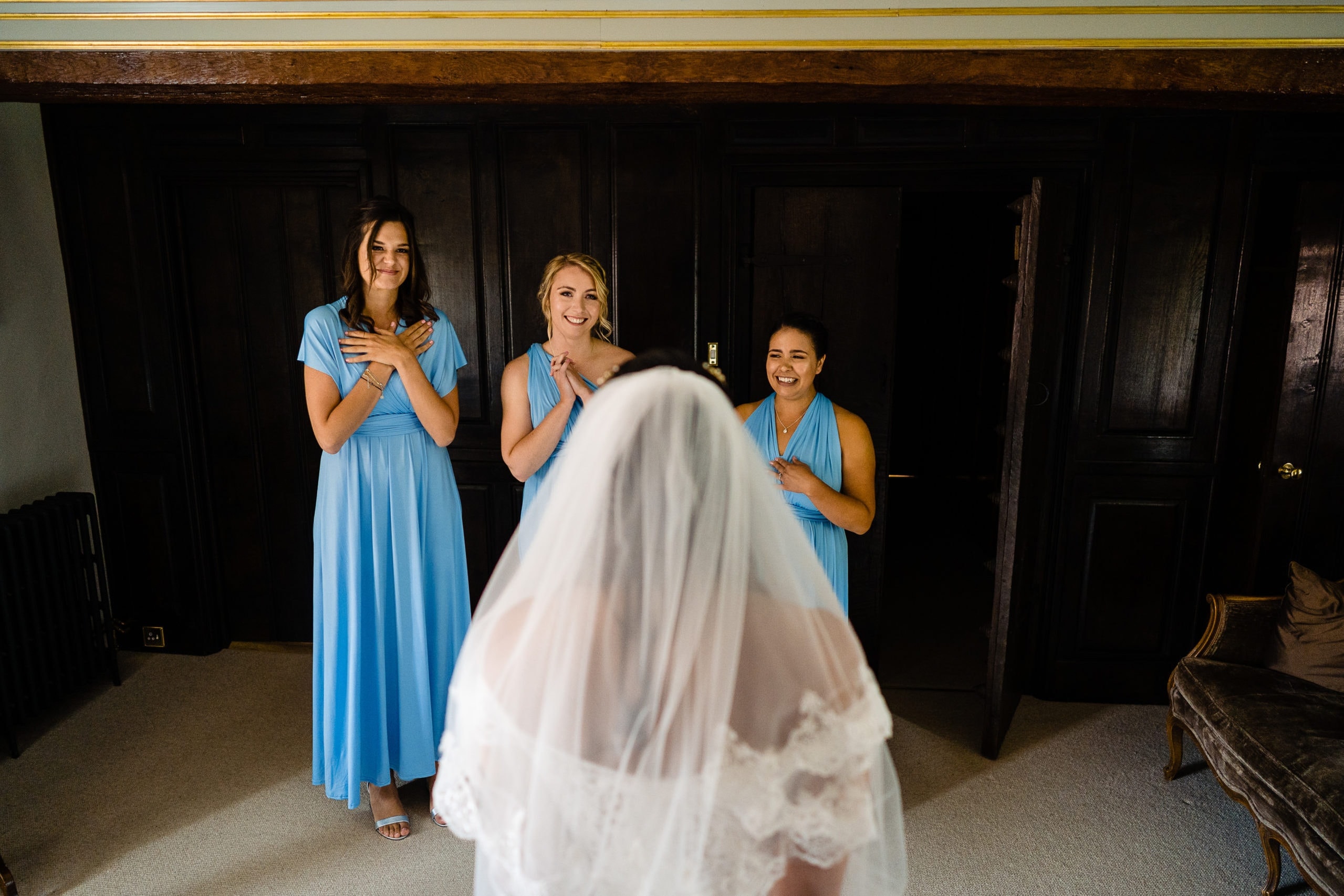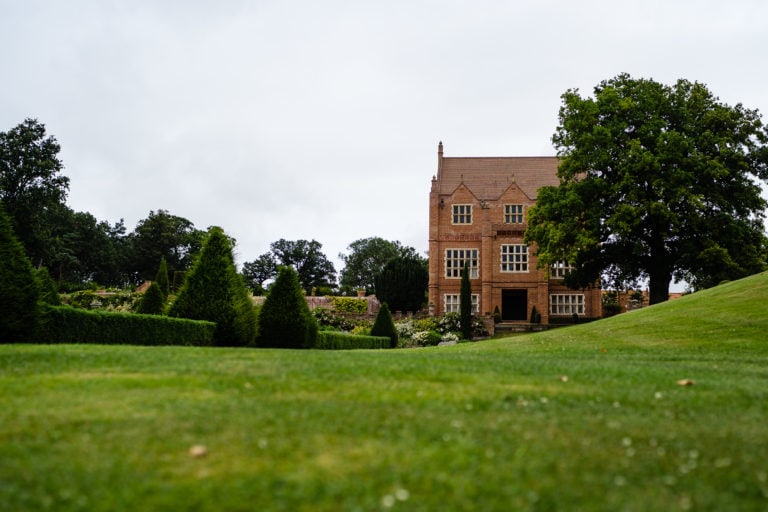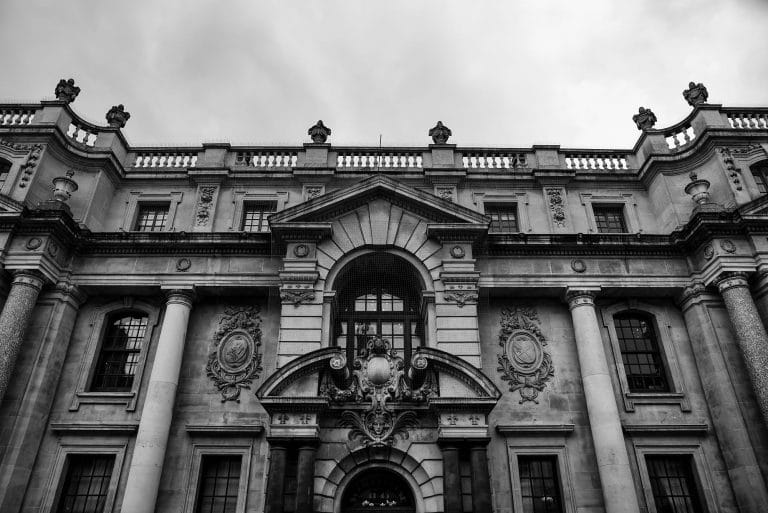Where to start with planning a Wedding
I remember when I got engaged and then sitting down to start planning our Wedding and having no clue where to start! I hadn’t been in the wedding industry for long at this point, so didn’t have the same network of suppliers as I do now, which would have been incredibly handy for hints and tips.
With a bit of hindsight, and lots more experience of the industry. Here are the key things I think you need to consider:
1. Guest List
We initially started looking at venues first, but we hadn’t fully written down our guest list, so actually some of the viewings were a waste of time. Once we’d written down our guest list, we realised some of the venues we’d viewed just weren’t big enough for the ceremony numbers.
The number of guests you have can dictate so much, some venues will have several rooms to choose from for different wedding sizes, but some will either be too small for your needs, or far too big.
It also impacts your catering needs, as lots will quote per-head. So to properly work to your budget, your total number of guests is needed too.
2. Date and Venue
I’m putting these together, because different venues suit different times of year. If your dream is a big outdoor wedding, then you probably don’t want to get married in the winter. If you’ve got a big warm stately home, then it probably doesn’t matter so much.
Some venues have limited indoor space while they’re changing the room around from your wedding breakfast to your party venue, so again, might not be ideal for winter weddings.
There’s also the light to consider. It gets dark really early in the winter, so if you want those gorgeous portrait images during golden hour, you need the ceremony early enough that we still have the light to work with.
I’d suggest making a list of the key things you want from a venue, such as:
- Accommodation for you and your guests
- Somewhere to get ready in the morning
- A beautiful spot for some photos
- Do you want a venue that allows outside catering? Or that provides amazing food itself?
- Do they have enough covered space if it rains?
And decide on what style of venue, do you want:
- A barn style venue
- A stately home / manor house
- An outdoor venue where you can DIY it
- A city centre venue
- A hotel / Golf club venue
3. Decide what’s important
Every couple has a different priority of what’s important to them, for some the highest priority after the venue might be amazing food, for others the photography, for others the evening entertainment etc etc.
To help, make a list of everything you need for a wedding, and then number them in order of priority for you. Then you can work down and make sure you get your dream suppliers for your top picks and reserve the majority of your budget for those.
If you have things on your list that really don’t matter to you, feel free to drop them! Not everything matters to everyone, and guests won’t even notice if some of the “traditional” things are missing. For example, if you decide to get rid of wedding favours, no one will even notice! However, do something special or DIY for them, and everyone will be talking about them for years!
4. Decide a budget
The boring but important part. Set a budget that you can comfortably work to without getting stressed about either not being able to afford the things that are important to you, and that you’re not going to be struggling to pay off for years to come.
If you’ve already done step 3, and made a list of what’s important to you, you can allocate chunks of budget to each thing, and work to that. Which makes it so much easier to picture than just trying to fit everything in to a single budget.
Next Steps
Ok, so you’re at the point you’ve decided on a venue and a date. What next?
- Book your registrar! Head over to https://www.gov.uk/marriages-civil-partnerships if you’re not sure on the rules on your part of the UK. Some registrars will let you book them as far ahead as you like, others have a 24 month rule. So that will depend on where you live, you can just give your local registry office a call to find out. Or alternatively, if getting married at a venue without a wedding licence, you might want to book a celebrant to do a non-legal ceremony on the day. And then just do the legal bit with one or two important guests at the registry office on another day.
- Keep organised. Whether it’s a folder with all your notes in, or a spreadsheet on Excel or Google Sheets, keep track of what’s booked, what’s yet to book and how much of your budget you’ve spent as you go. It’ll make things so much easier in the long run.
- Be social. Follow your suppliers on their socials, like their instagram or facebook, it’s great to keep in touch with your suppliers and see what they’re up to. Might even give you some inspiration for parts of your big day.
I do hope you’ve found this helpful, if you need any more help or inspiration, then head over to my wedding tips page for more articles.
Think I’ve missed anything? Comment below and I’ll update the article 🙂



